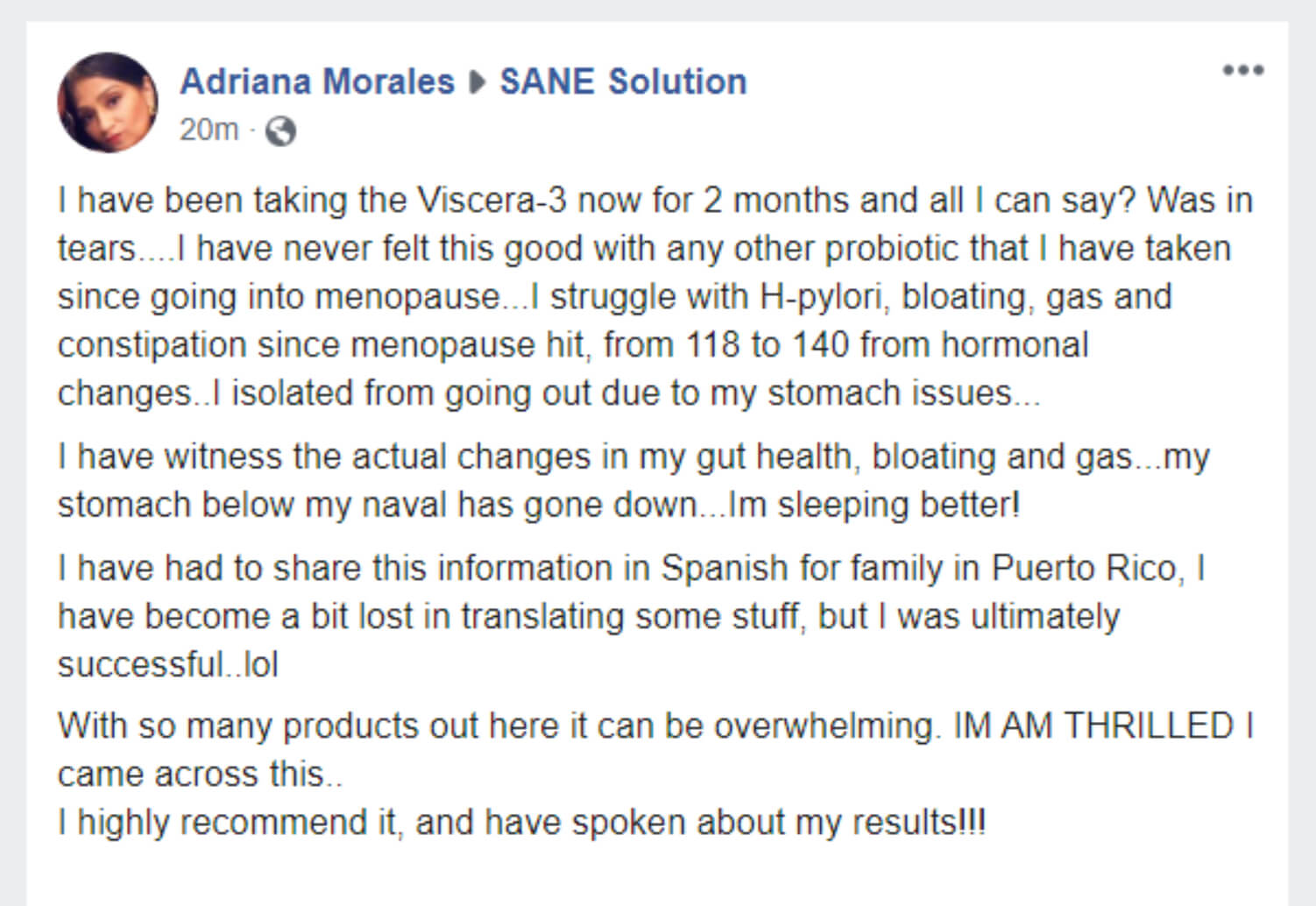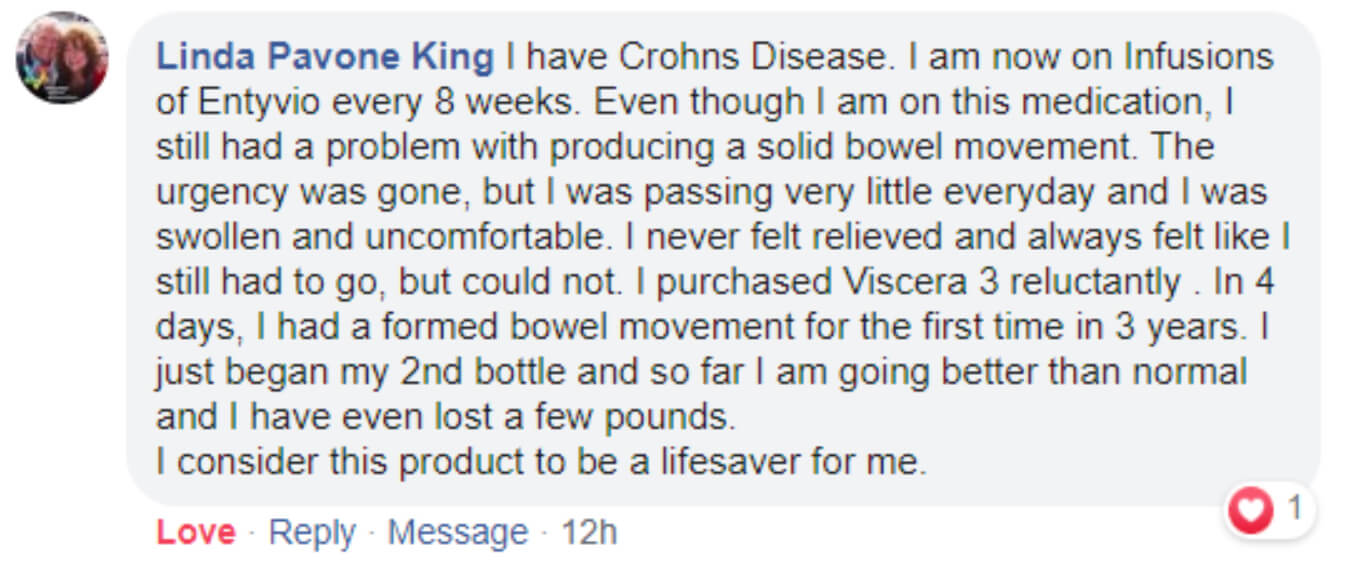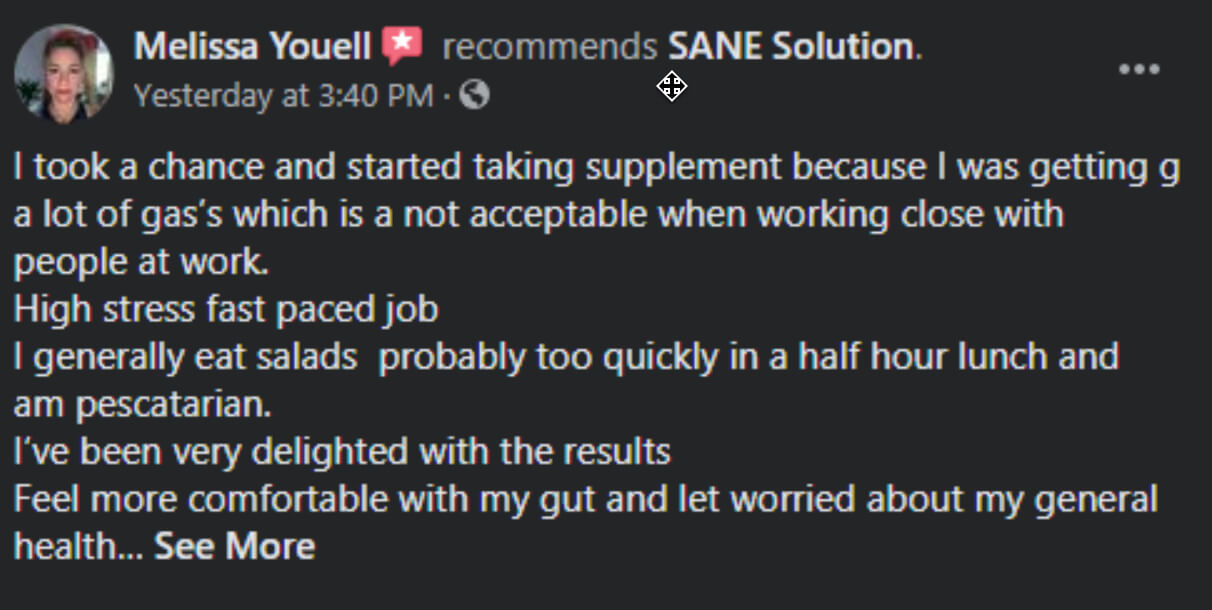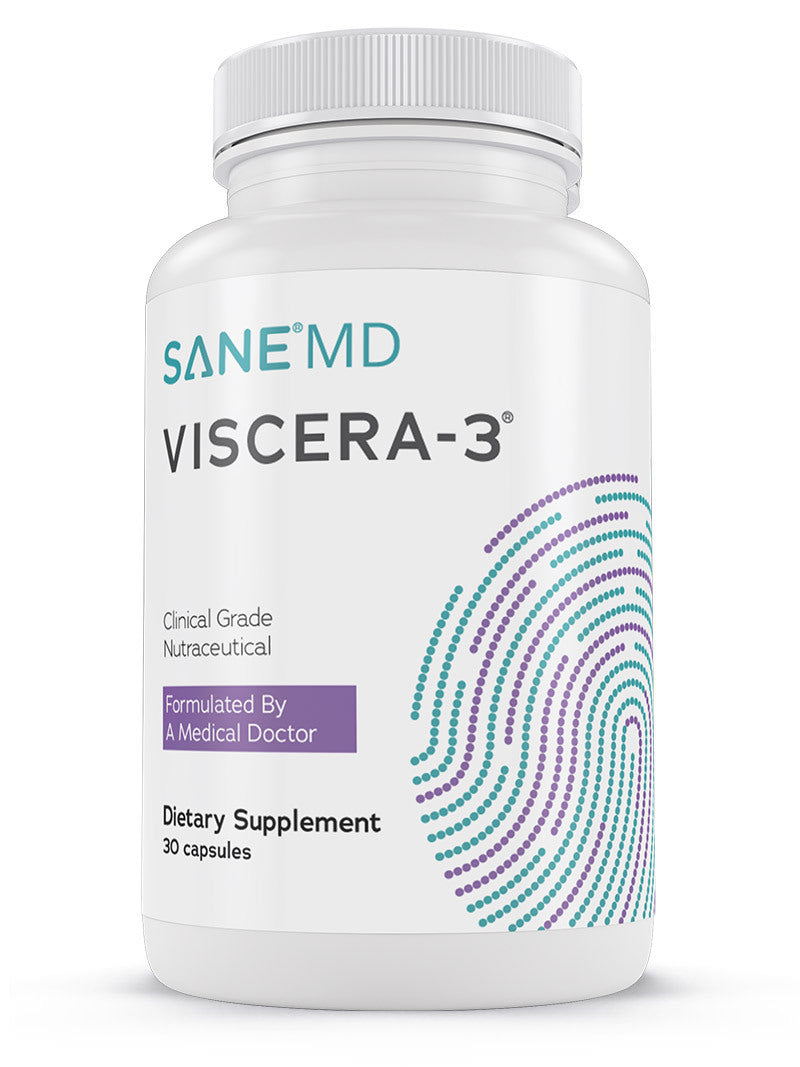
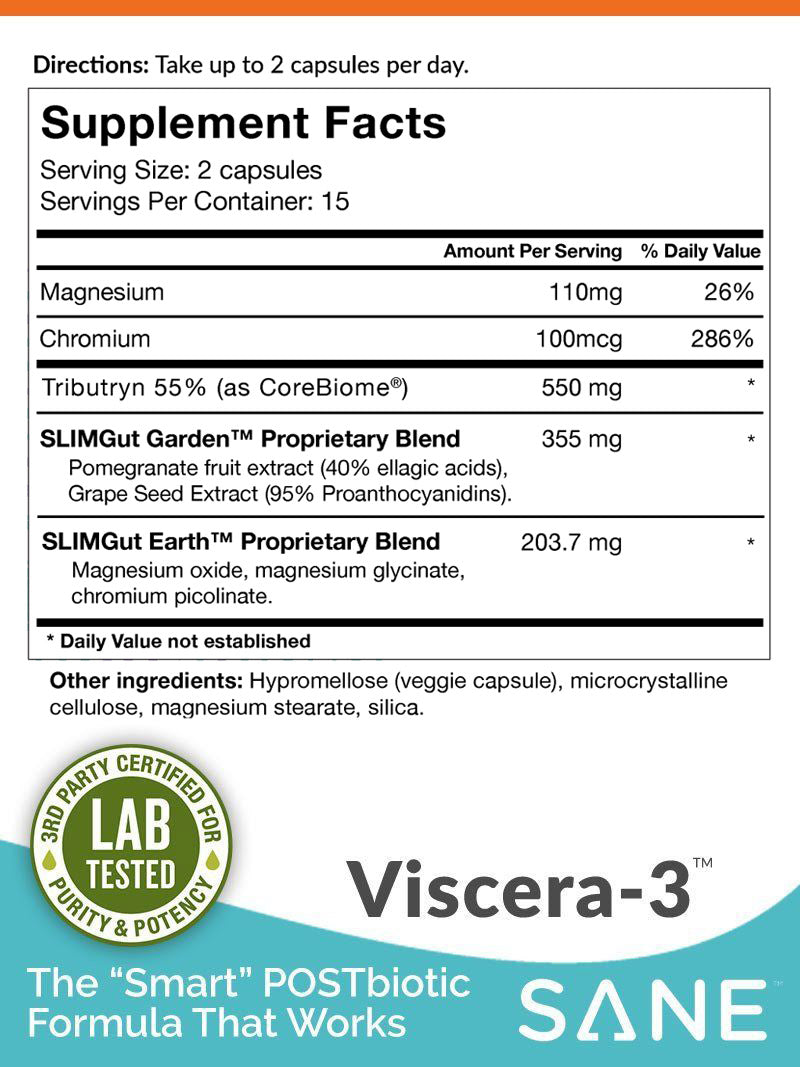



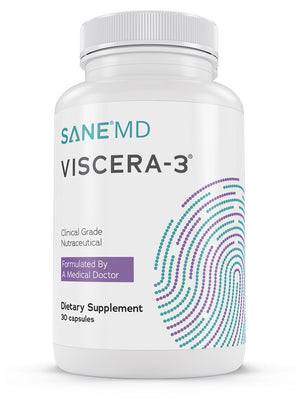
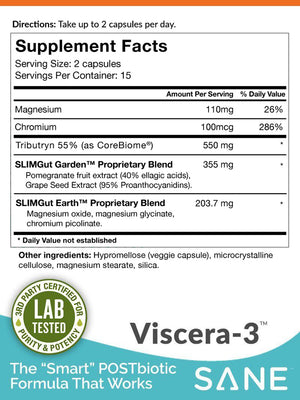



Viscera-3™
$47.00 $67.00 You save: 29% $20.00
Turn on your “Slim Gut Switch” with the proven power of new time-released triple-action POSTbiotics in Viscera-3™
- Slim your waist quickly by eliminating that bloating and “bathroom backup.”
- Break free from bloating and gas fast.
- Experience clean, and consistent perfect daily poops with increased youthful energy.


“I found Viscera 3 and I am Astonished by how this Product has helped me!!:) Everything has Now Stabilized..I feel and look lighter and have no more Constipation!!:) Also True..I can think Clearer and Quicker..Great Bonus!! Viscera 3 is One Product that I can truly Trust and will Continue to Use on a Daily Basis..Love it!!:)”~ Delores L. (Verified Buyer)
~ Delores L. (Verified Buyer)Discover the freedom and confidence when you leave behind gas, bloating & constipation
Shared stories, shared relief.
Viscera-3 has done a great job of getting rid of my bloating and stomach cramps. I’m finally going to the bathroom more regularly and feel so much better. It is also helping with the muffin top that I have been trying to get rid of for some time.
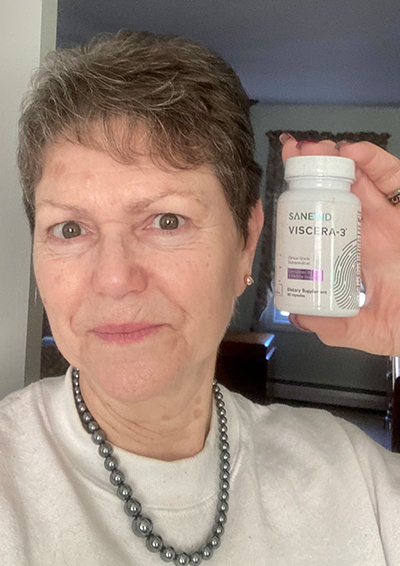
Before Viscera-3, I had constant problems with bathroom regularity. I now have daily bowel movements without cramping or any other unpleasant side effects. I highly recommend it because it does exactly what it says it will do!

Because of Viscera-3, I no longer have the constant pain and bloating that I have dealt with for years. Before that, I tried everything including probiotics but was still constipated. Thank you, SANE for making such a wonderful product and making my life so much better.
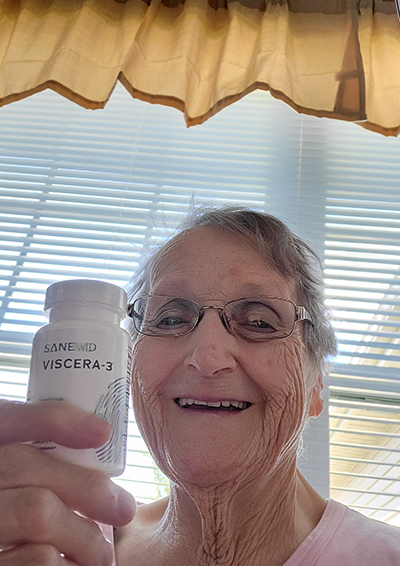
Viscera-3 is the only thing that I have tried that works. I only just started taking it but am having bowel movements on a much more regular basis. I’m looking forward to continuing with great results!

This is the first product that I have used that actually does what it says it will. I tried so many other products that did not work. Viscera 3 is awesome and keeps me regular. I notice the difference right away if I forget to take it. I feel much better and healthier. I know that being regular avoids leaving toxins in my body.

What I like most about Viscera-3 is that it works. I have been taking the product for several years, and it does for my gut what it advertised to do. My digestive system improved 100%. My stomach bloat has decreased as a result of taking it daily! I love it and recommend this product to others!

After dealing with painful constipation for some time, I was happy to find something that actually worked and has no side effects. Thanks to Viscera-3, I no longer have motility issues; I will absolutely keep buying it.

With Viscera-3 I no longer have to worry about constipation or the consistency of my stools! I like the ease of providing my system with what it needs for total elimination. Also, I have a hiatal hernia that constantly made me uncomfortable and now that is under control. It’s a great value for my money.

What I liked most about Viscera-3 is that it worked. More often than not products which promise great results disappoint, with no observable change. However, I ordered a large supply last year and used it daily. My result was a substantial increase in regularity plus a flatter stomach!
I ran out a week or two ago and immediately started having stomach issues again so I needed to reorder :)

For 20 years I had to take medication for digestive issues but now I take nothing except Viscera-3 which has fixed all of my problems. It’s amazing and I won’t be without it.

I love Viscera-3! Unlike anything else I have tried, it helps me relieve my bowels regularly and without pain. I no longer feel bloated and sluggish. I appreciate good products and will always use Viscera-3 to keep me healthy and clean.

I used to avoid going anywhere for fear of having diarrhea. Since taking Viscera-3, I now feel like I finally have freedom. I have tried other products but it is the only one that has proven effective in alleviating my IBS symptoms.

You are not alone. Feel the support
from our community...







Revolutionary POSTBiotic with Faster and More Powerful Results than Probiotics and Prebiotics
Get a Healthy Gut and Perfect Poops

LET’S TALK
POOP!
- Pick your poop type in the chart.
- Note how often you poop perfect.
- Try Viscera-3 and enjoy perfect poops daily!
If your poop looks like #3 OR #4...
These are signs of healthy digestion.

3rd Party Tested For Purity & Potency
Clinically Proven & Patented Ingredients
Manufactured & Supported In The USA
GMP Formula and Facility
-

- TRIButyrate
- Patented Gut Healing Super-Nutrient Enjoy the miracle health benefit of TRI Butyrate directly in your lower colon, the only way you can enjoy all of its incredible proven life-improving effects.
-

- Magnesium
- Promotes regular and healthy bowel movements.
-

- Grape Seed Extract
- Promotes wound healing and reduces inflammation
-

- Chromium
- Reduces food intake, hunger levels, and fat and carb cravings with a dramatic decrease in deadly visceral belly fat.4
-

- Pomegranate
- Promotes healthy cell regeneration.
and Gas
Energy
Slimming
Brain Disease
Wall Lining
are you suffering from these symptoms? Say goodbye to gut health issues, and disease-causing leaky gut forever with viscera-3.
DON’T WASTE MONEY ON PROBIOTIC AND FIBER SUPPLEMENTS
Take the SLIM GUT SHORTCUT to a
healthy, leak free gut
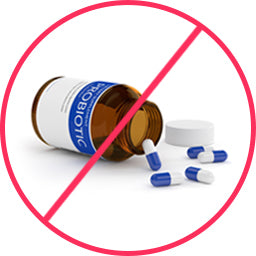

What’s in SANE Viscera-3 ™?

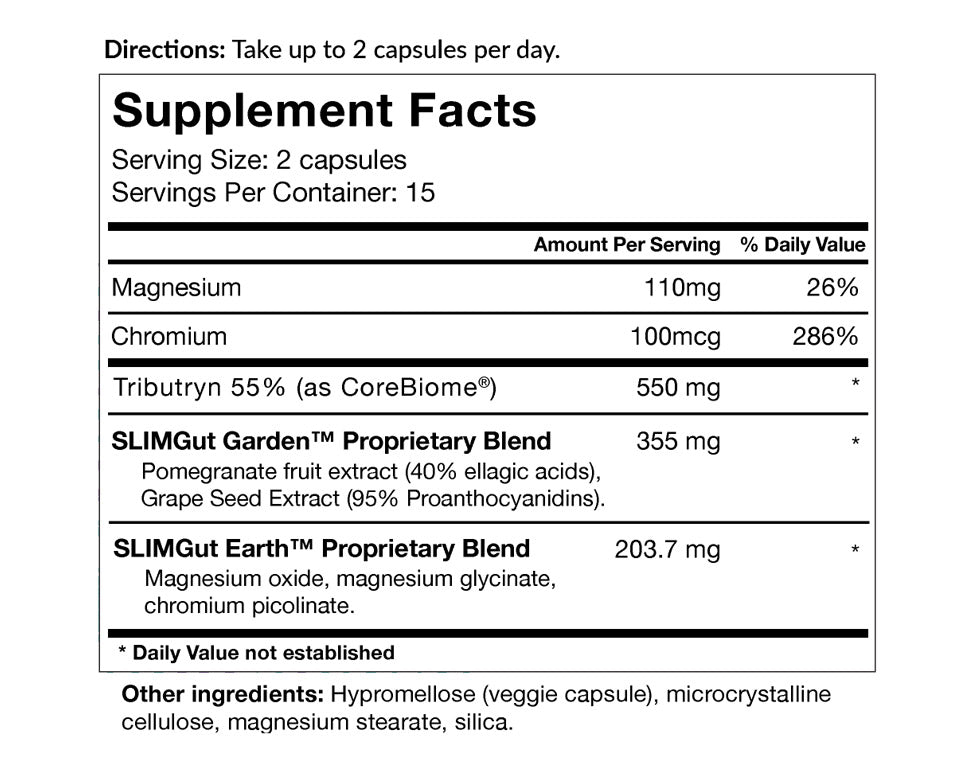
MAGNESIUM - You need magnesium for many tasks. It's involved in more than 300 chemical reactions in the body. Muscles need this mineral to contract; nerves need it to send and receive messages. It keeps your heart beating steadily and your immune system strong.10
MULTI-FACTOR CHROMIUM - LSU found that women taking chromium experienced reduced food intake, reduced hunger levels, fewer fat and carb cravings and a decrease in body weight, especially a reduction in fat in and around their gut.11
COREBIOME TRIBUTYRATETM (AS TRYBUTYRIN)- Patented form of superior bio available Butyrate, allows the unstable molecules to be delivered directly to your lower colon where they produce the incredible health benefits.
POMEGRANATE FRUIT EXTRACT - Superior form of the extract from the miracle “forever fruit”, pomegranate, that has only recently revealed its powerful anti-aging gut health secret to doctors. Essential in the gut to help promote mitophagy, the process where cells recycle themselves.12
GRAPE SEED EXTRACT - Grape seed extract contains the antioxidant compound oligomeric proanthocyanidin (OPC), which has been studied for a variety of health conditions. It has been studied to promote wound healing and to reduce inflammation.13

Clinically Proven & Patented Ingredients
All of our ingredients are extensively studied in a clinical environment so that you can experience the full immune system optimizing benefits.
Manufactured & Supported In The USA
All of our products are proudly made and shipped in the USA. And our CUSTOMER DELIGHT TEAM is US based and always here to help at : (347) 979-1735.
GMP Formula and Facility
Viscera-3TM is made in a "Good Manufacturing Practice" and FDA Certified sterile manufacturing facility that adheres to the highest quality standards.
3rd Party Tested For Purity & Potency
All of our products are tested for heavy metals, toxins and impurities to keep you safe and healthy!
References
Harvard Medical School: Abdominal fat and what to do about it
https://gmwgroup.harvard.edu/files/gmwgroup/files/1306.pdf
https://www.ncbi.nlm.nih.gov/pmc/articles/PMC2515351/
https://www.ncbi.nlm.nih.gov/pubmed/24160296
https://www.ncbi.nlm.nih.gov/pmc/articles/PMC4756104/
https://www.ncbi.nlm.nih.gov/pubmed/19366864
https://www.ncbi.nlm.nih.gov/pubmed/19549282
https://www.ncbi.nlm.nih.gov/pubmed/23573120
https://www.ncbi.nlm.nih.gov/pubmed/23573120
https://www.health.harvard.edu/staying-healthy/what-you-should-know-about-magnesium2
https://www.ncbi.nlm.nih.gov/pubmed/18715218
https://www.ncbi.nlm.nih.gov/pubmed/27400265
https://www.nccih.nih.gov/health/grape-seed-extract
Please note: the Reviews widget below is powered by a 3rd-party and we do not control its accessibility features. If you need assistance with this content, please contact us at (347) 979-1735 and we will promptly work with you. We are in communication with this vendor to bring their widget into WCAG 2.1 compliance.







